Choosing the Right Water Treatment System for a Home
Before selecting a water treatment system, it is essential to understand the specific water quality issues in the home.
Water quality is a crucial part of a healthy and comfortable home environment. Whether dealing with hard water, contaminants, or simply wanting to improve the taste and odor of tap water, selecting the right water treatment system can make a significant difference. A professional pump expert can provide valuable guidance in choosing the most suitable system based on specific needs and local water conditions. This blog explores various factors to consider when selecting a water treatment system for a home.
Understanding Water Quality Issues
Before selecting a water treatment system, it is essential to understand the specific water quality issues in the home. Common problems include hard water, which contains high levels of calcium and magnesium, and the presence of impurities such as chlorine, lead, and bacteria. A water quality test can identify these issues, providing a clear picture of the water's condition. Understanding the types of contaminants and their levels is crucial for choosing the appropriate treatment solution.
Types of Water Treatment Systems
There are several types of water treatment systems available, each made to tackle specific water quality issues. Water softeners are ideal for homes with hard water, as they use ion exchange technology to dispose of minerals that cause scale buildup in pipes and appliances. Reverse osmosis systems are good at removing a wide range of impurities, such as heavy metals, chlorine, and bacteria. Carbon filters are excellent for improving taste and odor by removing chlorine and other organic compounds. Ultraviolet (UV) purifiers are used to disinfect water by killing bacteria and viruses. Understanding the strengths and limitations of each system helps in selecting the one that best fits the home's needs.
Whole-House vs. Point-of-Use Systems
Water treatment systems can be categorized into whole-house systems and point-of-use systems. Whole-house systems treat water as it enters the home, providing treated water to all faucets and appliances. These systems are ideal for addressing issues such as hard water or high levels of contaminants throughout the entire house. On the other hand, point-of-use systems are installed at specific locations, such as under the kitchen sink or on a showerhead. They are suitable for targeting specific water quality issues in particular areas. Deciding between whole-house and point-of-use systems depends on the scope of the water quality concerns and the homeowner's preferences.
Evaluating Maintenance Needs
Maintenance is an important consideration when selecting a water treatment system. Some systems, such as water softeners, require regular replenishment of salt, while others, like carbon filters, need periodic replacement of filter cartridges. Reverse osmosis systems may require more complex maintenance, including membrane replacement. It is essential to consider the time and cost associated with maintaining the system to guarantee it remains effective. Consulting with a professional pump expert can provide insights into the maintenance requirements and help in making an informed decision.
Energy Efficiency and Environmental Impact
The energy efficiency and environmental impact of a water treatment system are also important factors to consider. Some systems, such as reverse osmosis, may use more water and energy than others. Choosing an energy-efficient system can help reduce utility costs and minimize the environmental footprint. Additionally, considering the disposal of filters and other consumables is important for environmental sustainability.
Budget Considerations
Budget is often a significant factor in selecting a water treatment system. The initial cost of the system, installation fees, and ongoing maintenance expenses should all be considered. While some systems may have a higher upfront cost, they offer long-term savings through improved water quality and reduced appliance maintenance. It is essential to weigh the costs against the benefits to determine the best investment for the home.
Professional Installation and Support
Choosing a reputable company for the installation and maintenance of the water treatment system is crucial for its effectiveness and longevity. Professional installation confirms that the system is set up properly and operates efficiently. Many companies offer warranties and ongoing support, providing peace of mind and assistance in case of any issues. A professional pump expert can recommend trusted providers and advise on the best installation practices.
Adapting the System to Specific Needs
Every home has unique water quality needs, and the best water treatment system is one that addresses those specific requirements. Factors like household size, water usage, and local water conditions play a significant role in determining the most suitable system. A professional pump expert can conduct a thorough assessment and provide personalized recommendations based on these factors. Adapting the system to the home's needs guarantees optimal water quality and satisfaction.
Choosing the right water treatment system involves careful consideration of various factors, including water quality issues, system types, maintenance requirements, energy efficiency, budget, and professional support. By understanding these elements and consulting with a professional pump expert, homeowners can make informed decisions that enhance their water quality and overall home comfort. The right water treatment system can provide clean, safe, and great-tasting water, contributing to a healthier and more enjoyable living environment.

